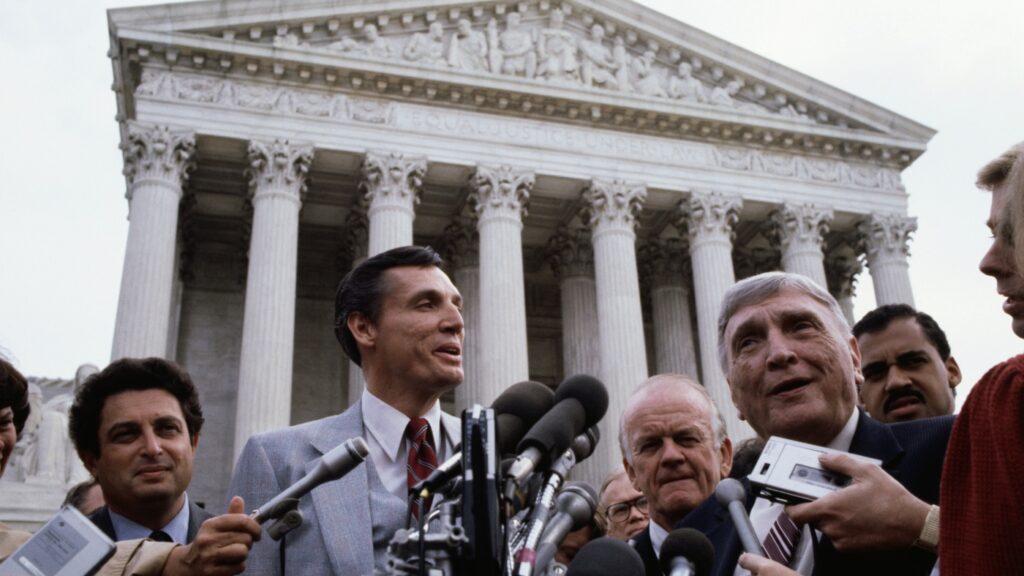Amid a contentious battle over federal funding, President Trump has issued a threat to revoke Harvard University’s tax-exempt status, emphasizing that tax exemption is dependent on serving the public interest. The President’s stance, shared on Truth Social, raised concerns about Harvard’s political activities and their alleged support of ideologies deemed harmful by the administration.
Trump’s statements prompted speculation about potential actions against Harvard, with the IRS not yet confirming any final decisions. This move could mark a significant departure from the traditional tax-exempt status granted to universities for their educational role and public service commitments.
The threat against Harvard echoes a past case involving Bob Jones University, where tax-exempt status was revoked due to racial discrimination policies. Legal experts, like Yale’s Michael Graetz, suggest that such action against Harvard would have substantial financial implications and hinder its educational mission and research initiatives.
The current situation at Harvard is rooted in the administration’s concerns about antisemitism on campus, leading to demands for policy changes. Refusal to comply resulted in a freeze on federal funding and intensified scrutiny from government agencies.
While comparisons have been drawn to the Bob Jones case, experts argue that Harvard’s situation differs significantly. The potential revocation of tax-exempt status for Harvard would involve a complex legal process, with Harvard asserting that there is no legal basis for such action.
Notably, the historical context of presidential influence on the IRS underscores the gravity of Trump’s threat and the need to safeguard the IRS’s independence. Legal scholars believe Harvard would mount a strong defense if the administration’s threats materialize, underscoring the complexity and potential legal challenges ahead.

